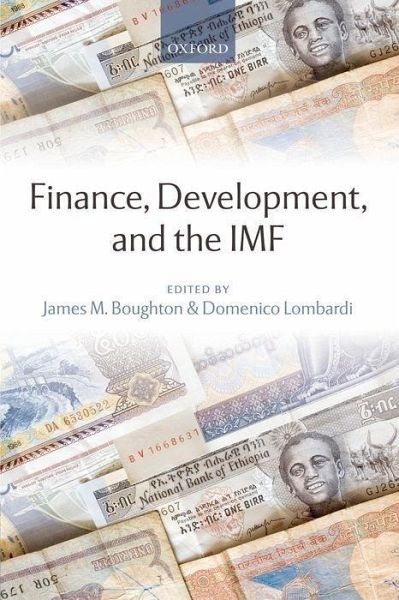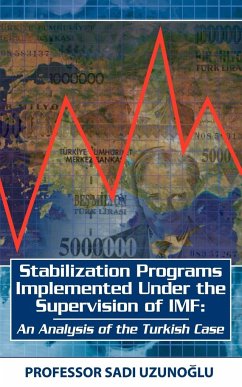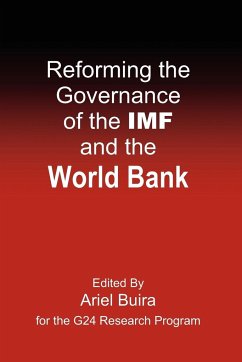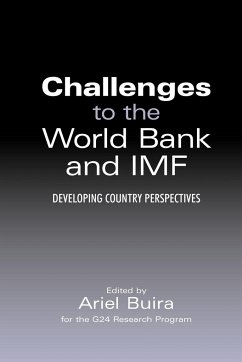
FINANCE DEVELOPMENT & IMF C
Versandkostenfrei!
Versandfertig in 1-2 Wochen
173,99 €
inkl. MwSt.

PAYBACK Punkte
87 °P sammeln!
This book provides an assessment of the role of the International Monetary Fund in poor countries. In recent years, a large portion of the work of the IMF has focused on the economies of low-income countries by aiming to create conditions conducive to poverty reduction and stable economic growth. More than two fifths of the IMF's 185 members are low-income countries and many others have substantial pockets of poverty in their populations. Since economic development and the reduction of poverty are the most important economic challenges that these countries face, how can the IMF best help them?...
This book provides an assessment of the role of the International Monetary Fund in poor countries. In recent years, a large portion of the work of the IMF has focused on the economies of low-income countries by aiming to create conditions conducive to poverty reduction and stable economic growth. More than two fifths of the IMF's 185 members are low-income countries and many others have substantial pockets of poverty in their populations. Since economic development and the reduction of poverty are the most important economic challenges that these countries face, how can the IMF best help them? How can the imperative of macroeconomic and financial stability be reconciled with the requirements for sustained economic growth? This volume brings together the research of leading economists, political scientists, and historians to suggest ways for the IMF to address these issues effectively














